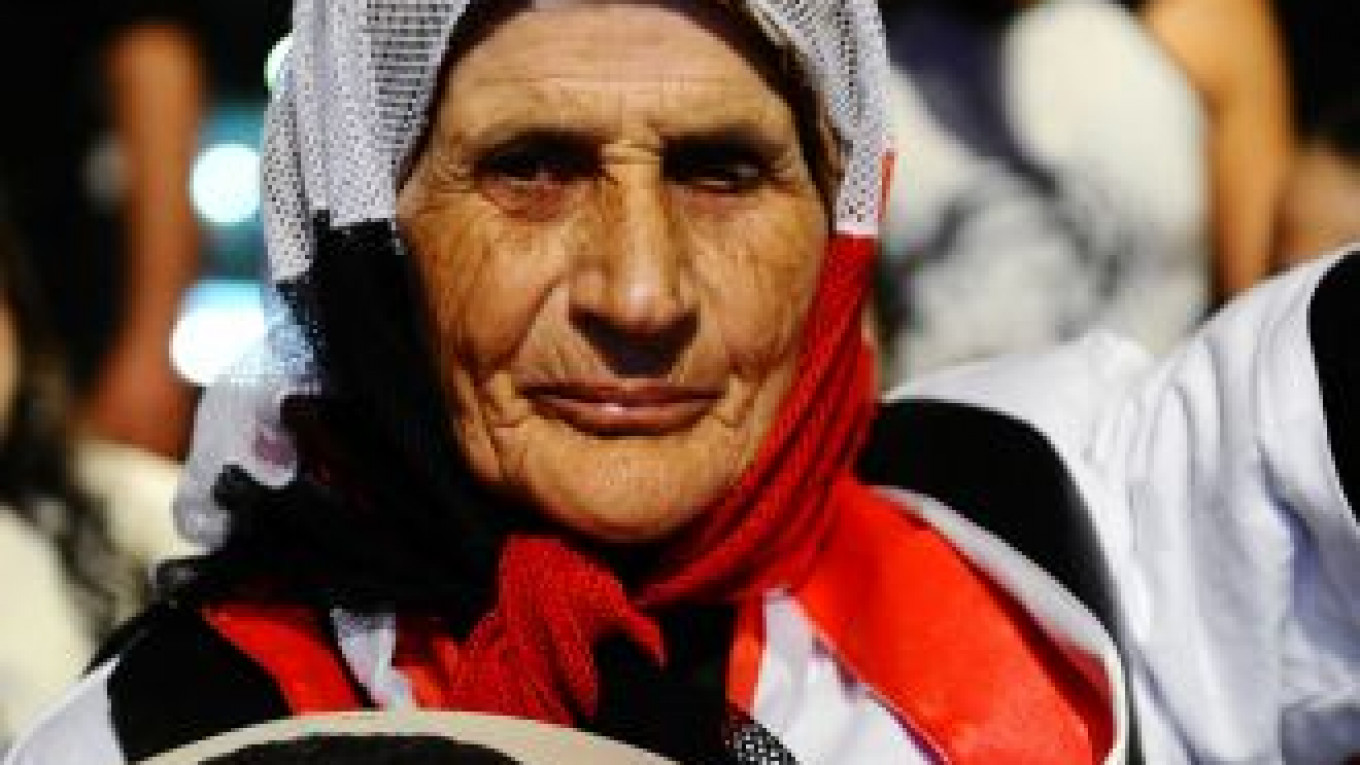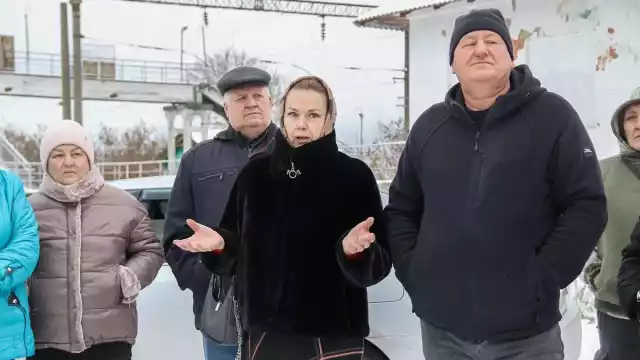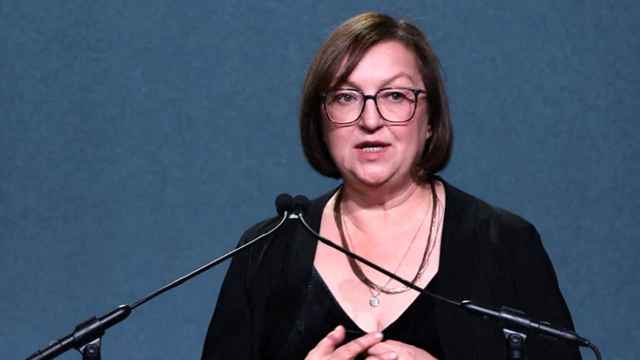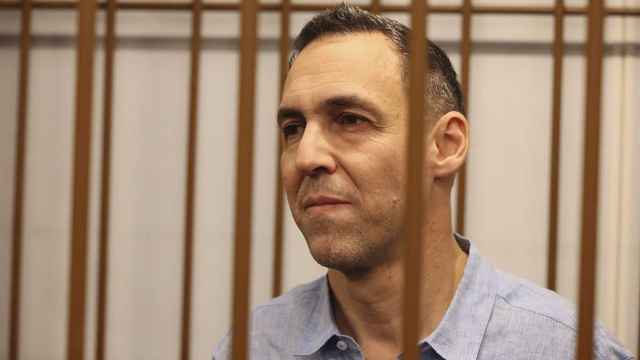AMMAN, Jordan — President Dmitry Medvedev has rejected Western calls for wider sanctions on Syria over its violent crackdown on protests against President Bashar Assad, in which the United Nations said 2,600 people have been killed.
After France described the lack of a firm UN stance against Damascus as a scandal, Medvedev said Monday that recent U.S. and European sanctions on Syria meant "additional pressure now is absolutely not needed in this direction."
France, Britain, the United States, Germany and Portugal have circulated a draft UN Security Council resolution that called for sanctions against Assad, influential relatives and close associates, but it met resistance from Russia and China.
Medvedev said Russia believed any resolution must be "tough but balanced and addressed to both sides in Syria," and that it must not automatically lead to further sanctions because "there are already a large number of sanctions against Syria."
Russia, which has a naval base in Syria and major oil and gas concessions, and China are both veto-wielding members of the UN Security Council.
"I think it's a scandal not to have a clear position of the UN in such a terrible crisis," French Foreign Minister Alain Juppe said Sunday.
"We think that the regime has lost its legitimacy. We think that it's too late to implement a level of reform. We should adopt in New York a very clear resolution condemning the violence," Juppe said.
Damascus blames armed groups for the violence. Assad's media adviser, Bouthaina Shaaban, speaking on a trip to Moscow on Monday, gave a lower death toll than the United Nations and said that half of the fatalities were among security forces.
"According to our information, 700 people were killed on the side of the army and police and 700 on the side of the insurgents," Shaaban told reporters through a translator.
The UN high commissioner for human rights, Navi Pillay, said the UN figure was based on "reliable sources on the ground."
"The number of those killed since the onset of the unrest in mid-March … has now reached at least 2,600," Pillay told the UN Human Rights Council.
She did not identify the sources. Syria has barred Pillay's investigation team and most foreign journalists from entering the country.
Residents and local activists on Monday said Syrian forces killed at least 22 civilians in the town of Rastan near Homs and 15 villagers in raids in the countryside around Hama, in what they said was one of the biggest military assaults since the uprising broke out.
Demonstrators have demanded international protection to stop civilian killings, but there has been no hint in the West of any appetite for military action along the lines of the NATO bombing that helped topple Libya's Moammar Gadhafi.
Intervention would be a daunting prospect in a country in the heart of the volatile Middle East. Syria has three times Libya's population, supports Palestinian and Lebanese militant groups and has a strong alliance with Iran. It remains formally at war with Israel, retains influence in Lebanon and has a sizable Kurdish minority in its east.
A Message from The Moscow Times:
Dear readers,
We are facing unprecedented challenges. Russia's Prosecutor General's Office has designated The Moscow Times as an "undesirable" organization, criminalizing our work and putting our staff at risk of prosecution. This follows our earlier unjust labeling as a "foreign agent."
These actions are direct attempts to silence independent journalism in Russia. The authorities claim our work "discredits the decisions of the Russian leadership." We see things differently: we strive to provide accurate, unbiased reporting on Russia.
We, the journalists of The Moscow Times, refuse to be silenced. But to continue our work, we need your help.
Your support, no matter how small, makes a world of difference. If you can, please support us monthly starting from just $2. It's quick to set up, and every contribution makes a significant impact.
By supporting The Moscow Times, you're defending open, independent journalism in the face of repression. Thank you for standing with us.
Remind me later.






